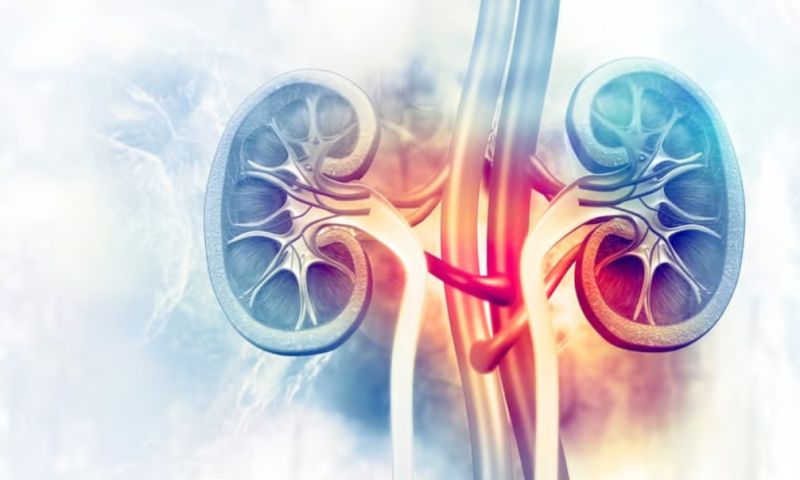Alloksys Life Sciences’ enzyme-based drug candidate has failed to reduce the rate of acute kidney injury in patients undergoing cardiac surgery. But, while the phase 2b missed its primary endpoint, the Dutch biotech seized on an efficacy signal in a subgroup to make the case for moving into phase 3 immediately.
The phase 2b trial randomized 271 patients undergoing cardiothoracic surgery to receive RESCAP, a drug candidate based on the enzyme alkaline phosphatase, or placebo. Subjects received a bolus of the drug candidate or placebo before surgery, followed by a 24-hour infusion. Because the enzyme has anti-inflammatory effects, Alloksys thinks it may prevent organ damage related to critical care.
Alloksys’ phase 2b failed to show the candidate prevents acute kidney injury in the overall population, causing the study to miss its primary endpoint. Yet, the biotech buried that key finding and focused on the results in a subgroup of patients who had a normal renal filtration rate at baseline.
In the subgroup, “RESCAP exhibited a 70% reduced probability (p < 0.05) of post-surgical acute kidney injury,” according to Alloksys. The biotech also reported “a substantial decrease of around 30% (p < 0.001) in the duration needed to achieve stable blood flow or hemodynamic stability” in the subgroup. The subgroup “constituted approximately 50% of the total cohort.”
Based on the findings, Alloksys plans to start a 400-patient phase 3 clinical trial in the third quarter. The biotech is tweaking the administration of RESCAP in an attempt to extend the subgroup efficacy signal to patients who have abnormal renal filtration rates at baseline.
“We anticipate that by extending the administration of RESCAP in the planned phase 3 follow-up trial, it will also prove to be effective for patients with more severe chronic kidney disease before surgery. We firmly believe that the RESCAP intervention has the potential to really impact critical care practices during and after major surgeries,” CEO Ruud Brands said in a statement.
Alloksys plans to file for approval on the strength of the phase 3 data, preferably with a strategic partner. The drug candidate is derived from calf intestines, and the biotech has secured supply that can be scaled up.

